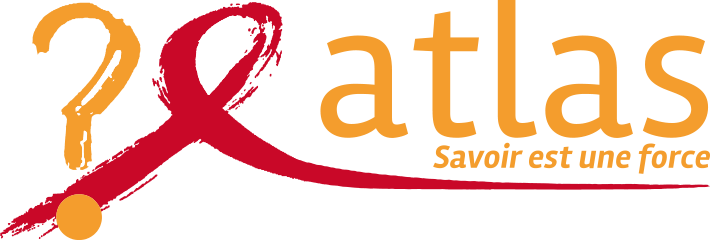In order to prepare the transition of the ATLAS project and the scaling up at the national level, its teams, with the support of WHO, have accompanied the Senegalese Ministry of Health and Social Action (MSAS) and the National AIDS Council (CNLS) in the development of the National Strategy on Self-Testing and the Practical Guide to HIV Self-Testing. As Dr. Sanata Diallo, head of the ATLAS project in Senegal, pointed out, “the strategy provides the necessary guidelines and the guide allows for its operationalization in the field”.
Officially handed over on January 25, 2021, the strategy comes, according to Dr. Safiatou Thiam, Executive Secretary of the CNLS, “to complete the document Policy, Standards and Protocols of HIV testing services published in 2018 and allows to define the strategic orientations adapted to our context as well as the development of the national policy”. She also recalled that since the beginning of the implementation of the ATLAS project in 2018, “the results obtained are encouraging”, and that this complementary strategy expands the range of screening. A necessary step because “the classic strategy is not enough, so we need to diversify our offer and cover all the needs.”
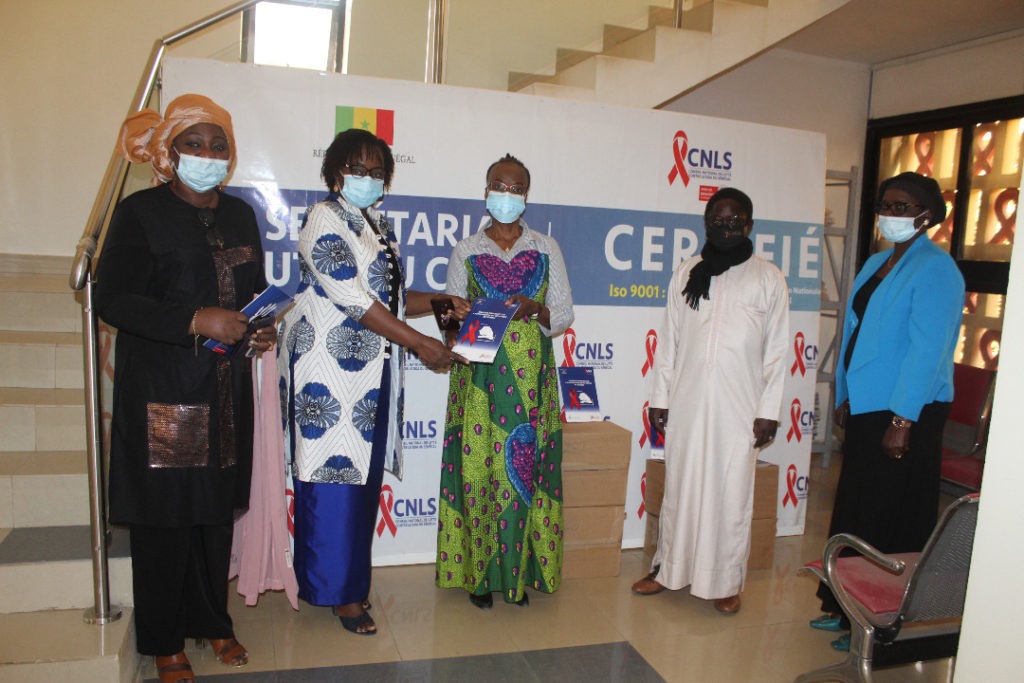
In addition to the strategy, it was also decided to develop a practical user guide. As Abdoulaye Diouf Sarr, Minister of Health and Social Action and author of the preface, points out, “gaps persist [in screening, editor’s note] and have increased in key and vulnerable populations. This is why Senegal has adopted the HIV self-testing strategy to reach these targets. MSAS has therefore decided to develop this guide to help stakeholders in our country to appropriate this innovative HIV testing strategy”. Professor Cheick Tidiane Ndour, Director of the Division of AIDS Control and Sexually Transmitted Infections (DLSI), also said that the advantage of the practical guide to HIV self-testing in Senegal, officially handed over on March 16, was “to harmonize operational practices within the framework of an innovative strategy. Indeed, he added, “self-testing has aroused great enthusiasm, particularly in the community, and therefore requires the establishment of a framework to implement the strategy on the ground. “
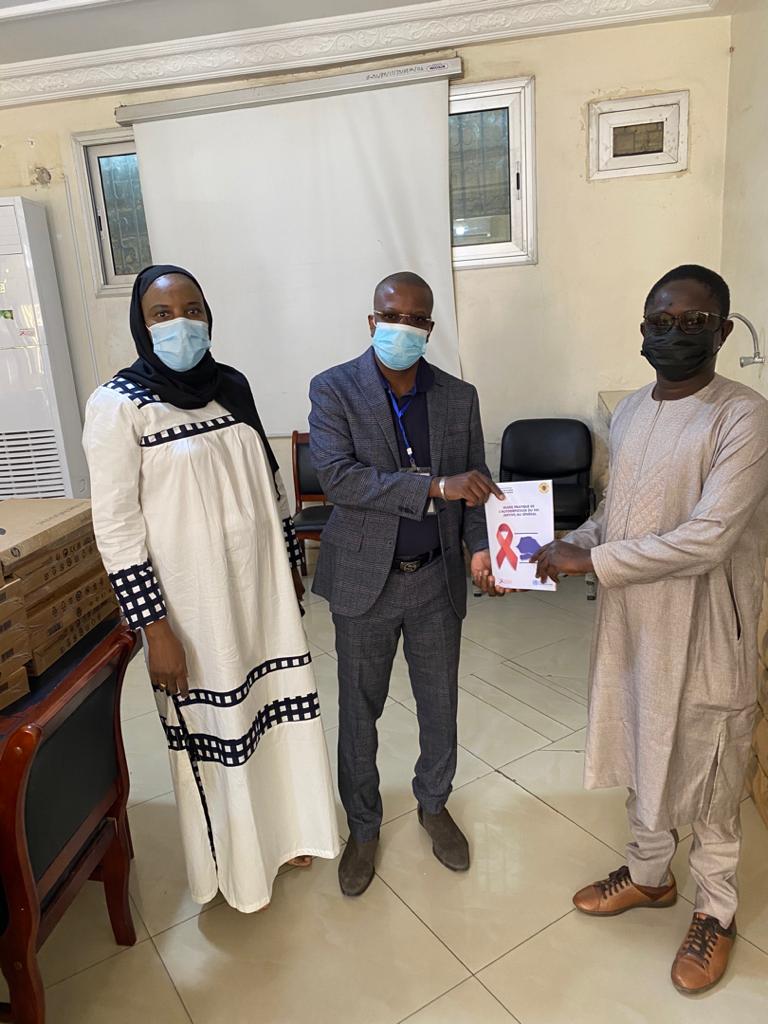
The guide describes in concrete terms the strategies and delivery channels chosen by the country and, in particular, sets minimum standards for training, awareness-raising, monitoring and evaluation, and quality assurance for inputs.
As part of this transition process, the ATLAS project teams, with technical support from WHO, are currently assisting the Ivorian and Malian health authorities in the development of these same documents. The Malian national strategy and practical guide will be available soon, as the validation workshop took place at the end of February.
Download:
National strategy on HIV self-testing in Senegal (in french)
Practical guide for HIV self-testing in Senegal (in french)
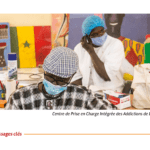
« Previous Post
Covid-19 crisis: ATLAS project partners and teams adapt activities to maintain access to HIV testing
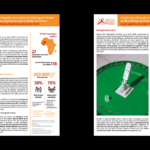
Next Post »
Integrated approach and demand creation, the ATLAS project capitalizes on its experience
